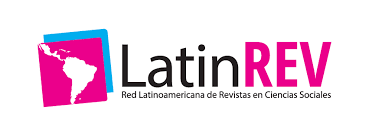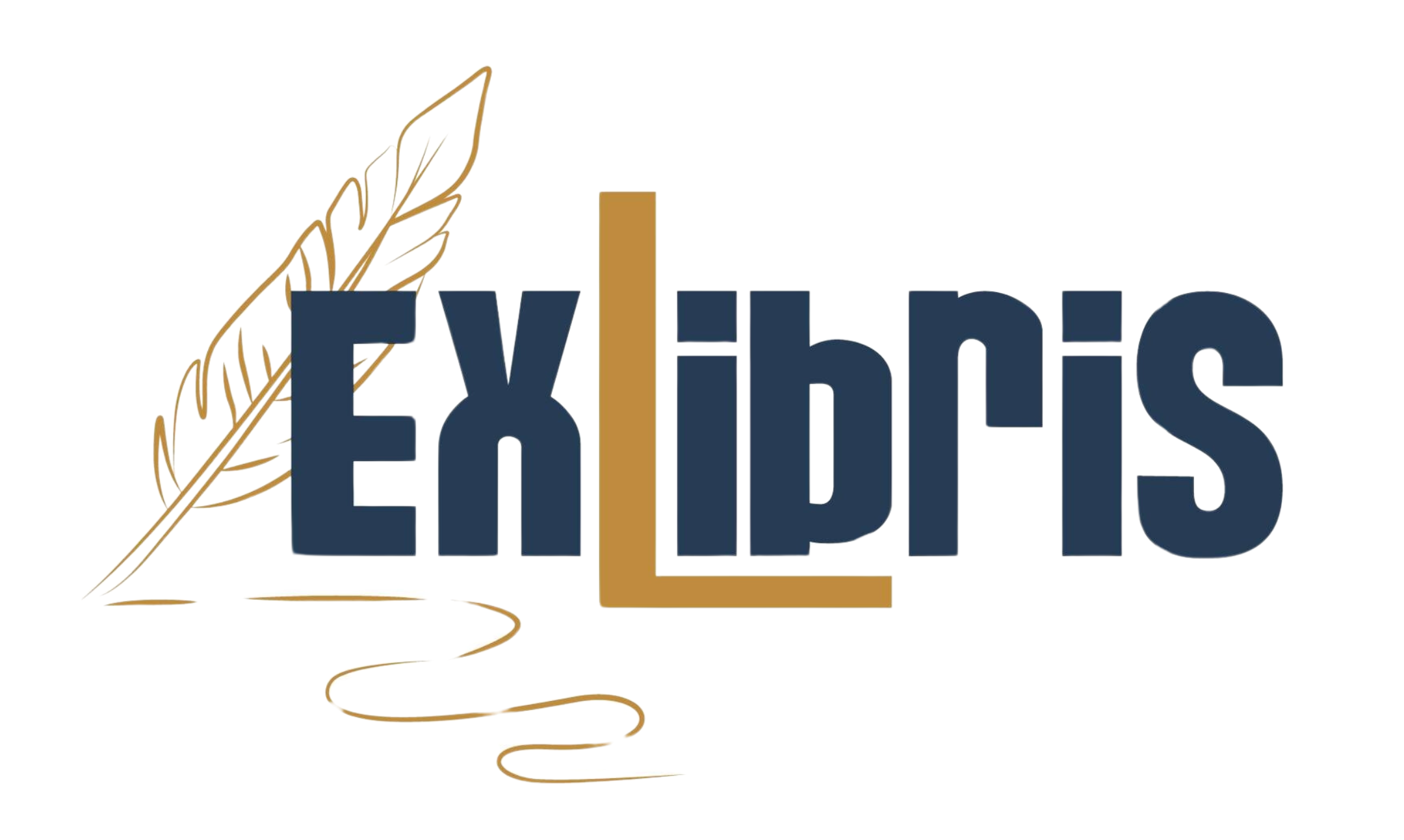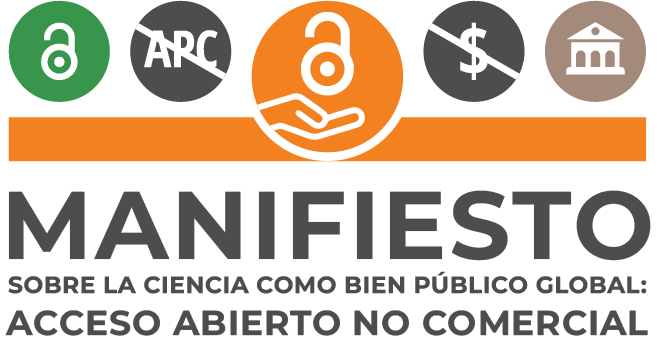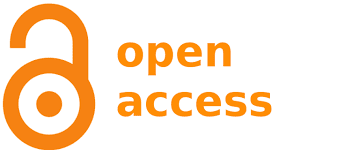Motivational factors in the use of guaraní as a mother tongue among bilingual students in Paraguay
DOI:
https://doi.org/10.69789/ccs.v9i1.690Keywords:
Bilingualism, Guarani, language, mother tongue, motivationAbstract
The objective of this research was to determine the motivational levels of the factors that influence the use of Guaraní as a mother tongue among socially bilingual students. A non-experimental methodology with a cross-sectional design was employed. The population consisted of active students affiliated with the Ministry of Education of the Republic of Paraguay, aged between 12 and 17 years. The sample included 300 Paraguayan students who were socially bilingual and linguistically competent in both Guaraní and Spanish (both languages considered by them as their mother tongue). 50% of the sample was female and 50% was male. The data obtained were processed using IBM's Statistical Package for Social Sciences (SPSS). Analysis of the motivational levels for using Guaraní as a mother tongue among these students reveals that 45% have a "Medium" level, 30% a "High" level, 15% a "Low" level and 5% have a "Minimal" level of motivation. The perceived interest level in Guaraní is high (70%), with 80% showing commitment to learn it. The relationship with teachers (75 % value teaching) and a positive attitude towards learning (70 % like it) influence motivation. Integrative orientation (60%) and desire to learn (70%) are key factors. There is a notable equality in motivation between genders, suggesting an equitable and empowering educational experience. These results advocate for inclusive strategies that promote cultural connection and a deep commitment to Guaraní as a mother tongue in Paraguay
References
Appel, R. & Muysken, P. (1986). Bilingüismo y contacto de lenguas. Ariel.
Bataller Catalá, A. (junio, 2019). Del concepto de lengua materna al de competencia plurilingüe. Representaciones de la identidad y la enseñanza multilingües a partir de biografías lingüísticas. Onomázein 44, 15-36. https://doi.org/10.7764/onomazein.44.02
Bernal, C. (2006). Metodología de la Investigación. Pearson educación.
Brown J. W. (1988). Social Psychology and Second Language Learning: The Role of Attitudes and
Motivation. Studies in Second Language Acquisition, 10(3), 419-421. doi:10.1017/S0272263100007634
Buck, M. (julio—diciembre, 1994). La influencia de la lengua materna en el aprendizaje de lenguas
extranjeras. Estudios de Lingüística Aplicada, 12(19-20), 366-375. https://doi.org/10.22201/enallt.01852647p.1994.19.263
Centro Virtual Cervantes (1997). “Lengua materna”. Diccionario de términos clave de
ELE. https://cvc.cervantes.es/ensenanza/biblioteca_ele/diccio_ele/diccionario/lenguamaterna.htm
Gardner, R.C., & Smythe, P.C. (1981). On the Development of the Attitude/Motivation Test Battery.
Canadian Modern Language Review, 37, 510-525.
González Serra, D. (2008). Psicología de la motivación. Editorial Ciencias Médicas.
Heuermann, A. (2017). Niños bilingües y sus actitudes hacia la enseñanza de lengua materna española. Un
estudio cualitativo de alumnos con lengua materna española en Suecia. Institutionen för Språk och Litteraturer.
Kerlinger, F. N. y Lee, H. B. (2002). Investigación del comportamiento. Métodos de investigación en ciencias
sociales (4ª ed.). McGraw-Hill.
Real Academia Española: Diccionario de la lengua española, 23ª ed., [versión 23.3 en línea]. https://dle.rae.es.
Romero, R. (2008). Protagonismo histórico del idioma guaraní. Servilibro.
Santos Díaz, I. C., Trigo Ibáñez, E., Romero Oliva, M. F. (enero, 2020). La activación del léxico disponible y su aplicación a la enseñanza de lenguas. Porta Linguarum 33, 75-93.
Tamayo, M. (2012). El Proceso de la investigación científica. Limusa
Tapia—Ladino, M. y Bernales, N. A. (mayo—agosto, 2018). Evaluación de la habilidad comprensión auditiva de español como lengua materna en estudiantes de educación secundaria en la ciudad de Concepción. Trabalhos em Linguística Aplicada, 57(2), 1137-1163. https://doi.org/10.1590/0103181386513083434011
Villagra, D. (2016). El guaraní paraguayo. De la oralidad a la lengua literaria. Servilibro.
Woolfolk, A. (2010). Psicología educativa. Pearson Educación de México, S.A
Downloads
Published
Issue
Section
License

This work is licensed under a Creative Commons Attribution-NonCommercial-ShareAlike 4.0 International License.
Los artículos de Ciencia, Cultura y Sociedad están publicados en acceso abierto bajo una licencia CC BY-NC-SA 4.0 de la Universidad Evangélica de El Salvador.


















